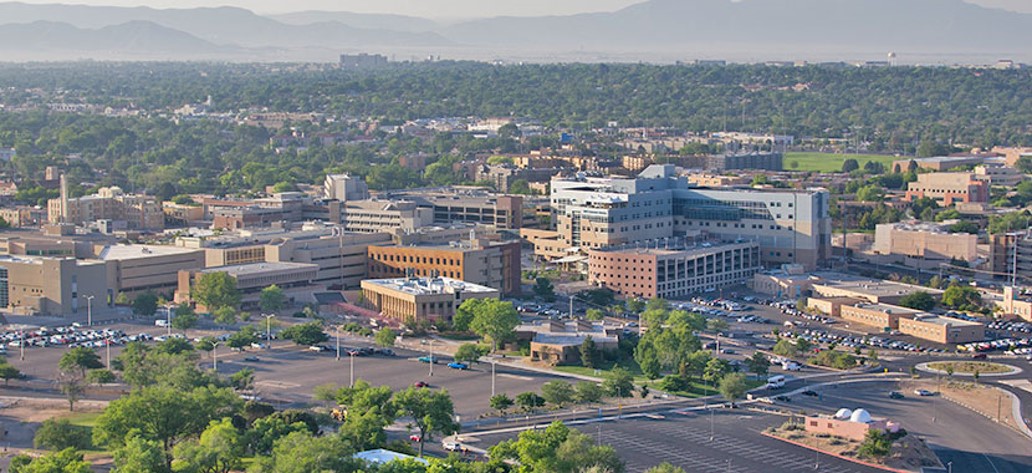When Ariana Barkley, MD, was growing up, she told her mom with unwavering conviction that she wanted to be a professional basketball player.
But around the time she began filling out college applications in the winter before graduating high school, her younger sister was diagnosed with diabetic ketoacidosis – and Barkley’s plans begin to change.
When her sister had to spend that Christmas in the Boston Children’s Hospital intensive care unit, Barkley visited her and did her best to cheer her up.

It was actually then when I looked around and weirdly felt like that was where I supposed to be and what I was supposed to be doing. So, I changed course and that’s what sparked my interest in medicine
“It was actually then when I looked around and weirdly felt like that was where I supposed to be and what I was supposed to be doing,” Barkley said. “So, I changed course and that’s what sparked my interest in medicine.”
Barkley, who was born in Port of Spain, Trinidad and Tobago, and raised in Ontario, Canada, is the newest addition to the Division of Pediatric Neurosurgery, which was created within The University of New Mexico School of Medicine last year.
Barkley attended The University of Pennsylvania School of Medicine before completing her residency at the University of Washington Neurological Surgery Program in Seattle and a pediatric neurosurgery fellowship at Children’s of Alabama in Birmingham. She moved to Albuquerque with her husband in July.
The pediatric neurosurgery division, which was established within the UNM Department of Neurosurgery in 2021, includes Heather Spader, MD, and James Botros, MD.
“I’m so excited to be able to be a part of this team,” Barkley said. “Heather and James have just been awesome – they’re great partners and I couldn’t ask for better people to work with.”
The creation of the division offered an opportunity to build a program to serve underserved New Mexicans. Before, when there were no board-certified pediatric neurosurgeons practicing in the state, New Mexico children were often sent elsewhere – like hospitals in Colorado, Arizona and Texas – for care.
Now, with the addition of Barkley, the division is beginning to grow.
“We had very spotty pediatric neurosurgery coverage over the last 10 to 20 years,” said Spader, the division chief. “In order to have a functioning program that’s going to be able to serve the population long term, we need to have three dedicated pediatric neurosurgeons in the call pool.”
As for why Barkley was chosen as the third pediatric neurosurgeon to join the division: “She was probably one of the most sought-after fellows in the graduating fellow class this year,” Spader said.
She’s extremely talented and has a passion for global neurosurgery work and outreach, and New Mexico is a very good fit in that way because there’s a lot of outreach issues we have here. She’s wonderful for that reason, in addition to the fact that she’s an excellent surgeon and human being
“She’s extremely talented and has a passion for global neurosurgery work and outreach,” Spader said. “She’s wonderful for that reason, in addition to the fact that she’s an excellent surgeon and human being.”
As opposed to a general neurosurgery, Barkley said that with pediatric neurosurgery, she’s able to treat a wide range of issues, including brain tumors, cerebral aneurysms, hydrocephalus, epilepsy and spina bifida.
“With pediatrics, you get an opportunity to be a jack-of-all-trades,” she said. “I really like the variety.”
Additionally, Barkley said she enjoys working with children.
“I feel like I’m a big kid myself, so it gives me an excuse to talk to someone about Pixar movies and not get a raised eyebrow,” she said with a laugh. “Those types of interactions with them are what made me really fall in love with the profession.”
Going forward, Spader said she hopes the division will continue to grow throughout the rest of the state, like adding clinics in areas such as Las Cruces, Taos, Farmington and Gallup.
“We really want to be able to serve the New Mexican population and we want New Mexican children to know our outcome equality is what they’d get in neighboring state,” Spader said. “In order to be able to have that high quality, we need to recruit high quality people, like Dr. Barkley, and we need to be able to have a multi-specialty group that really can do everything.”
